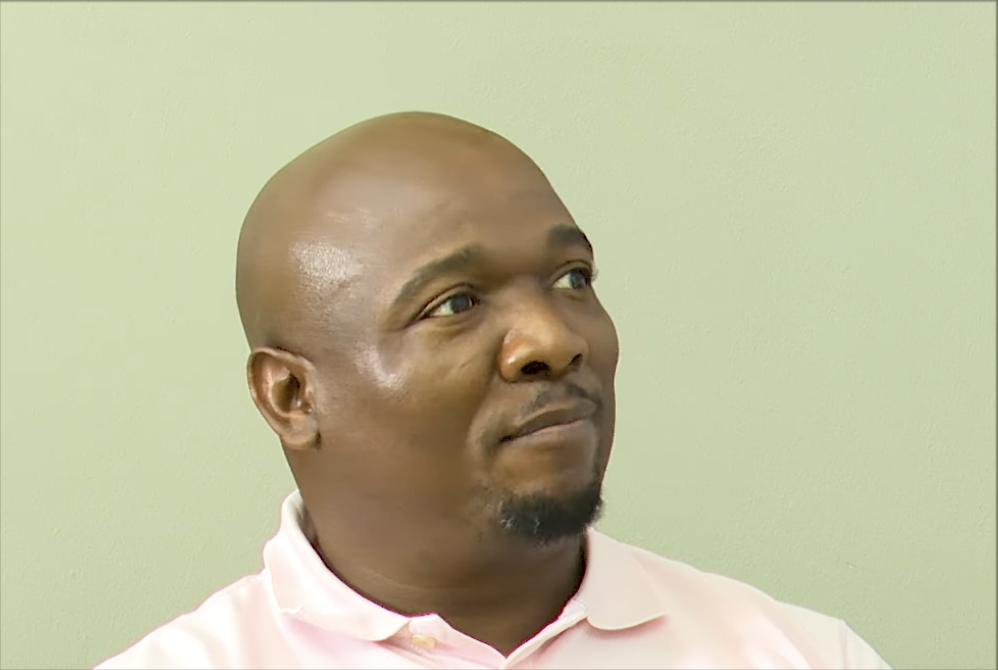-
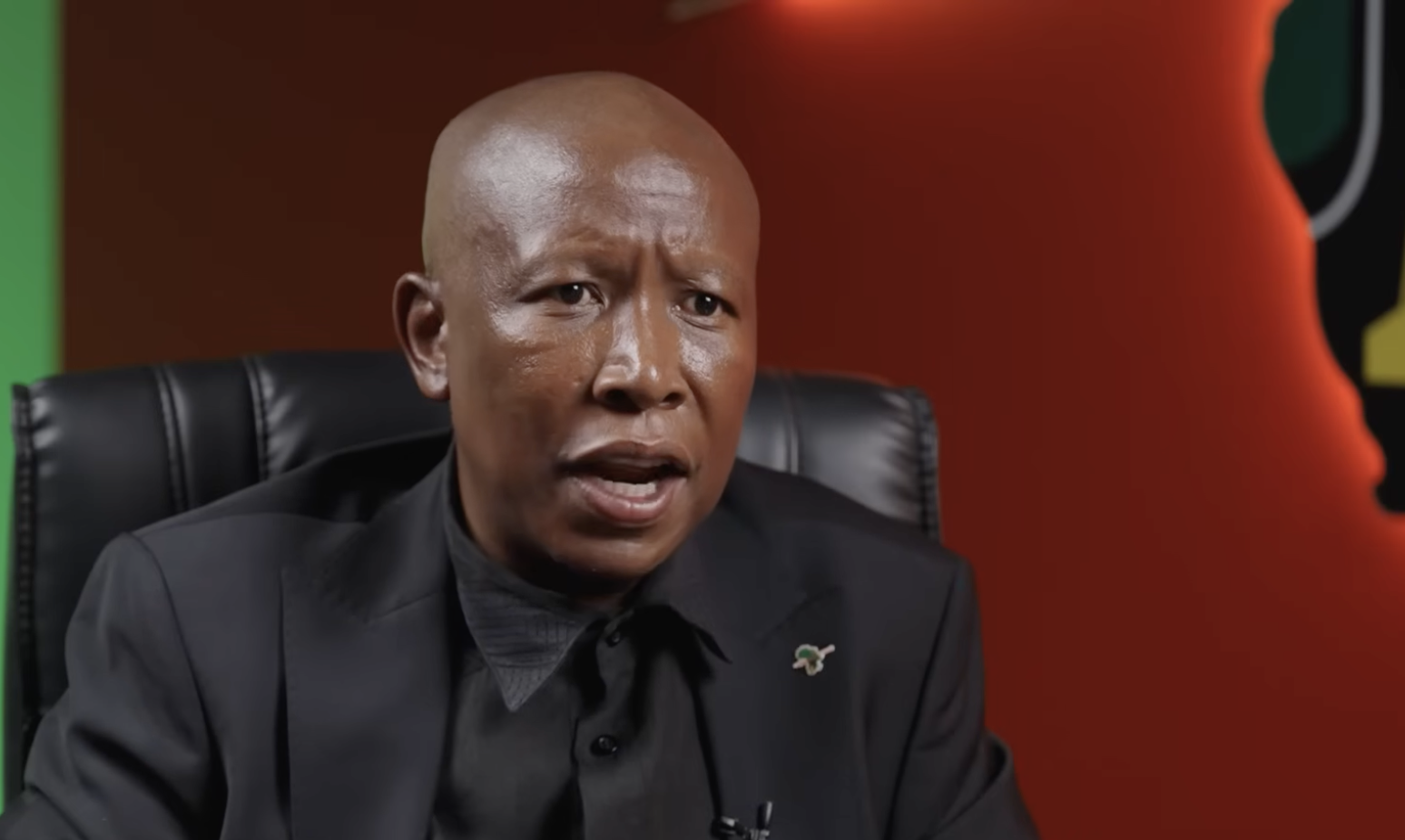 ‘SA must boycott the World Cup’ – Malema
‘SA must boycott the World Cup’ – Malema
-
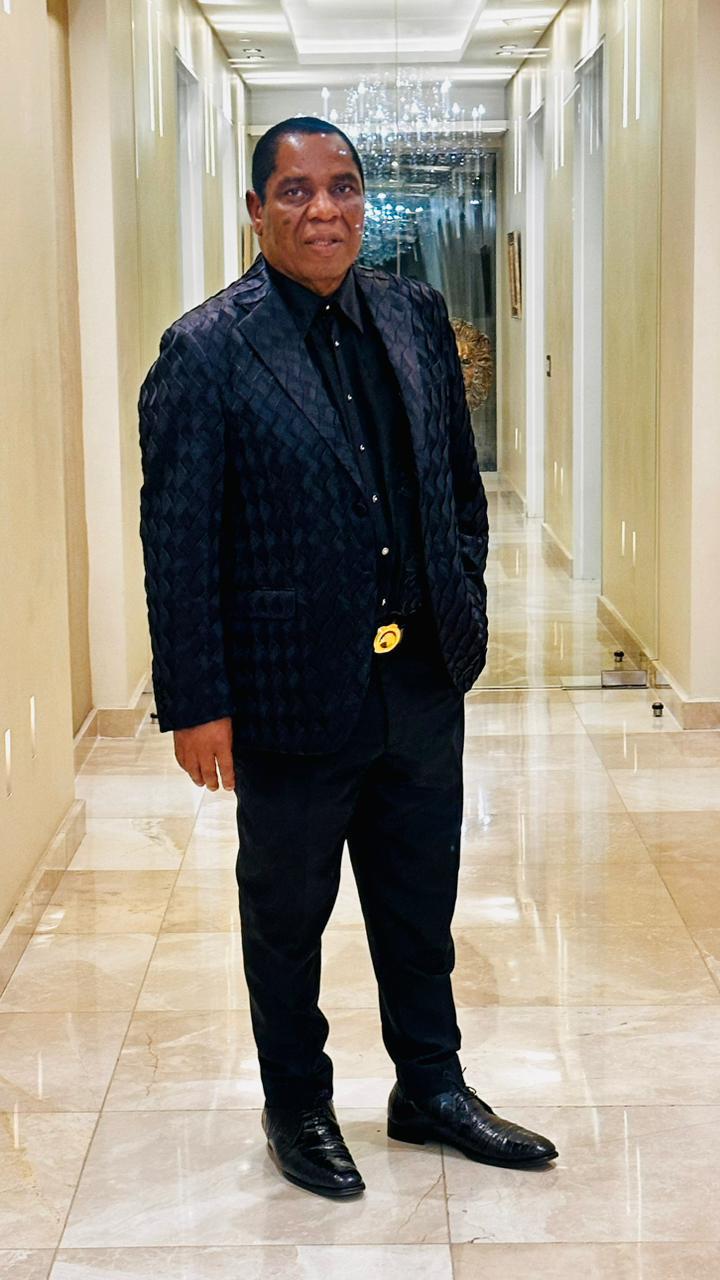 Transnet loses third court battle and ordered to pay R60m to Gijima
Transnet loses third court battle and ordered to pay R60m to Gijima
-
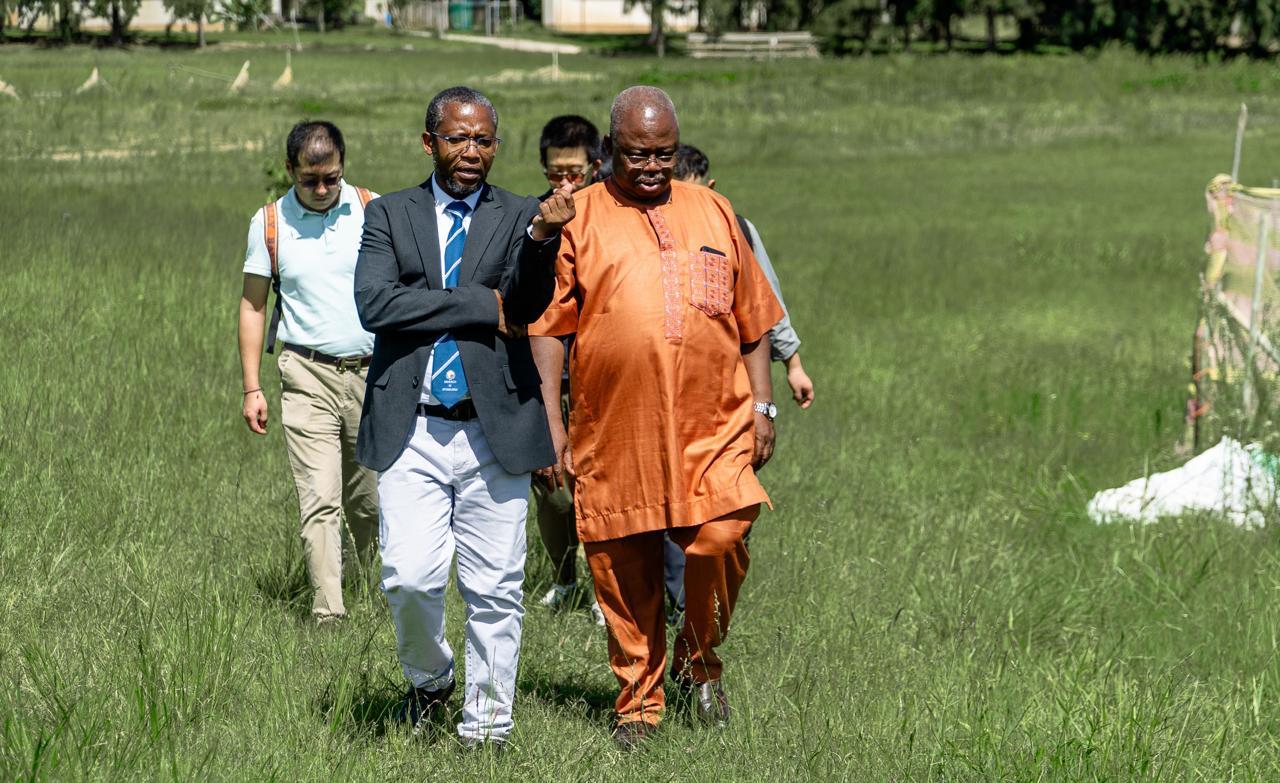 UMP’s ambition to position SA as a leading rice exporter
UMP’s ambition to position SA as a leading rice exporter
-
 Polokwane mayor’s gobbledygook on R41.2 million refund to developer
Polokwane mayor’s gobbledygook on R41.2 million refund to developer
-
 Transnet’s loses yet another application to push Gijima Holding’s from IT contract
Transnet’s loses yet another application to push Gijima Holding’s from IT contract
-
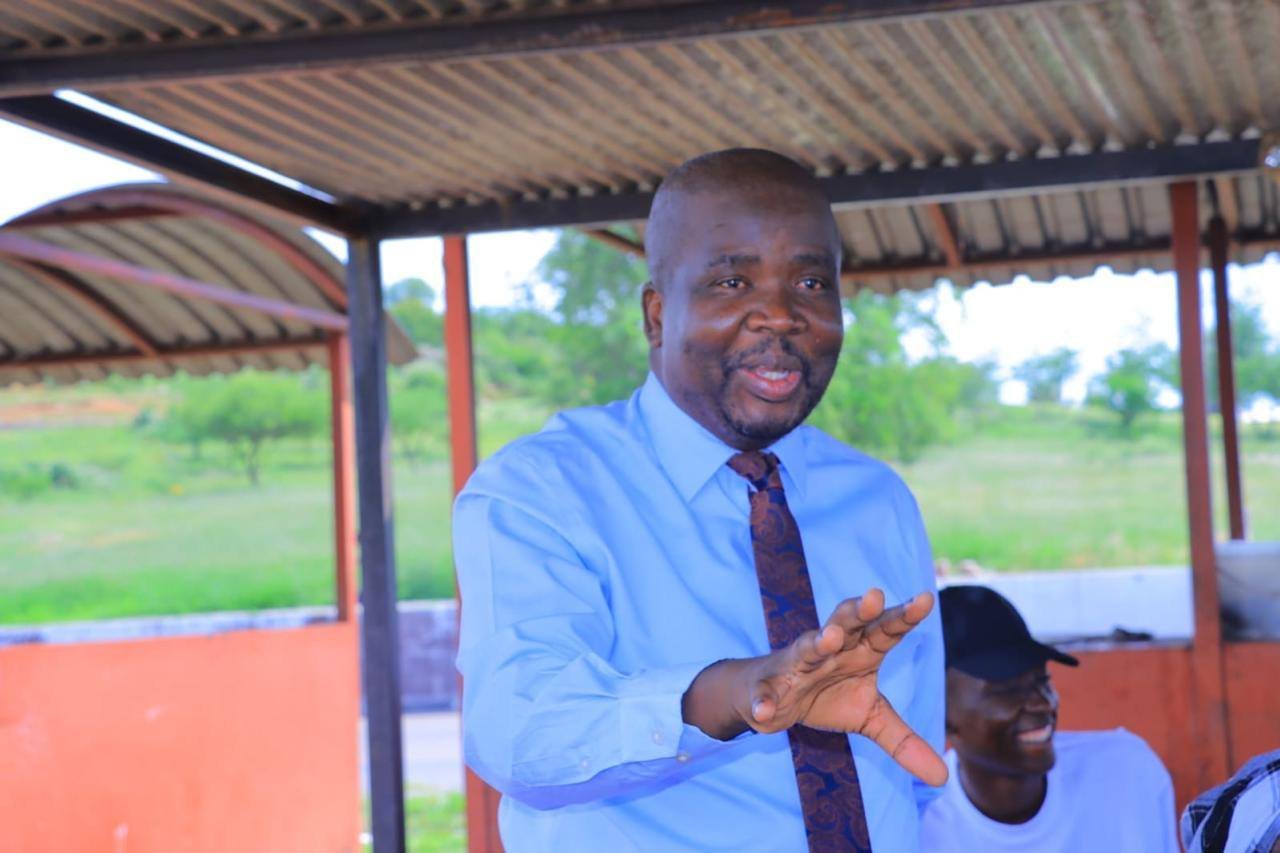 Fetakgomo Tubatse municipality dumps consultants and still keeps a good financial record
Fetakgomo Tubatse municipality dumps consultants and still keeps a good financial record
-
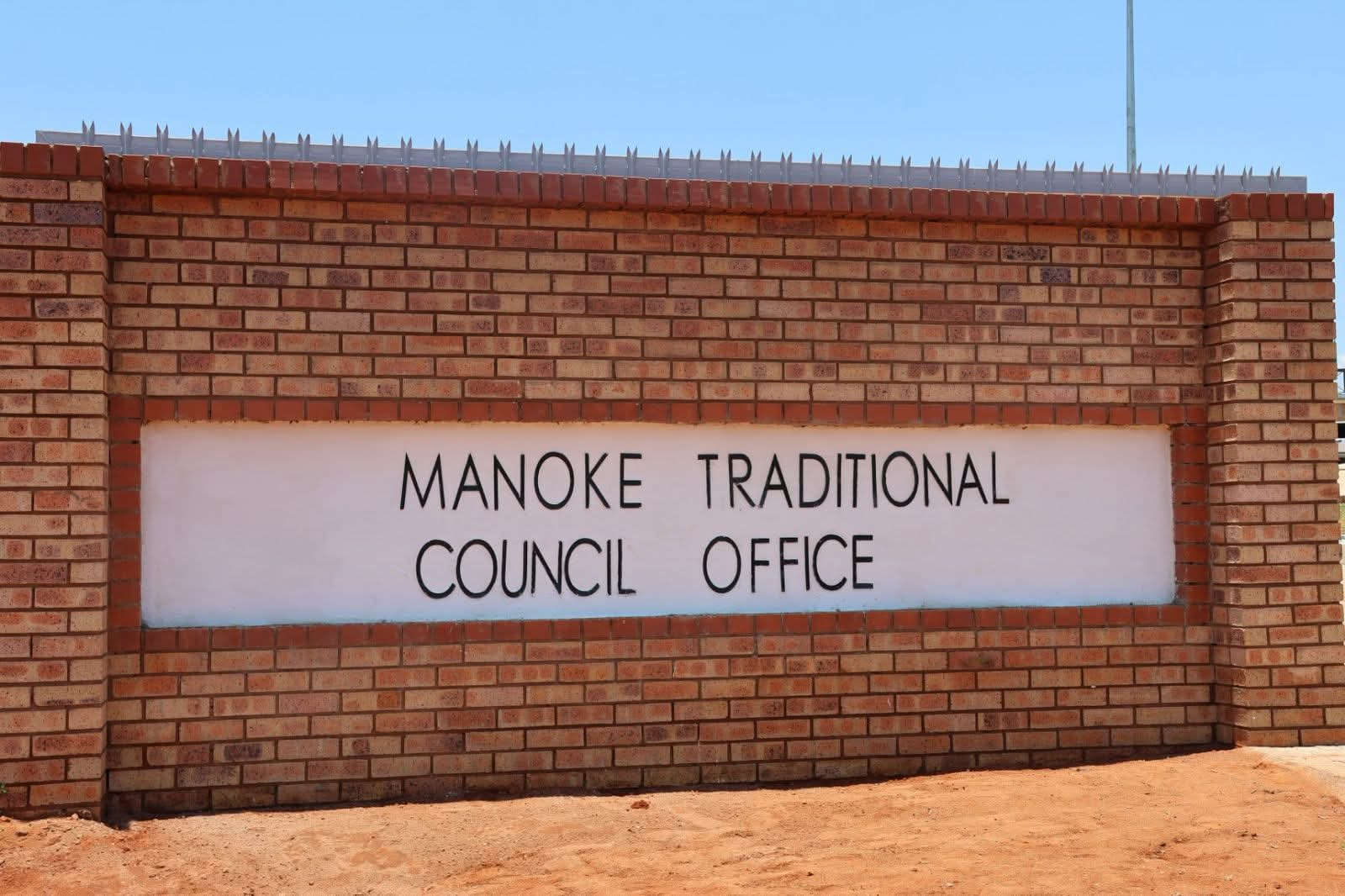 Limpopo government finishes sixth traditional office in 2025/26
Limpopo government finishes sixth traditional office in 2025/26
-
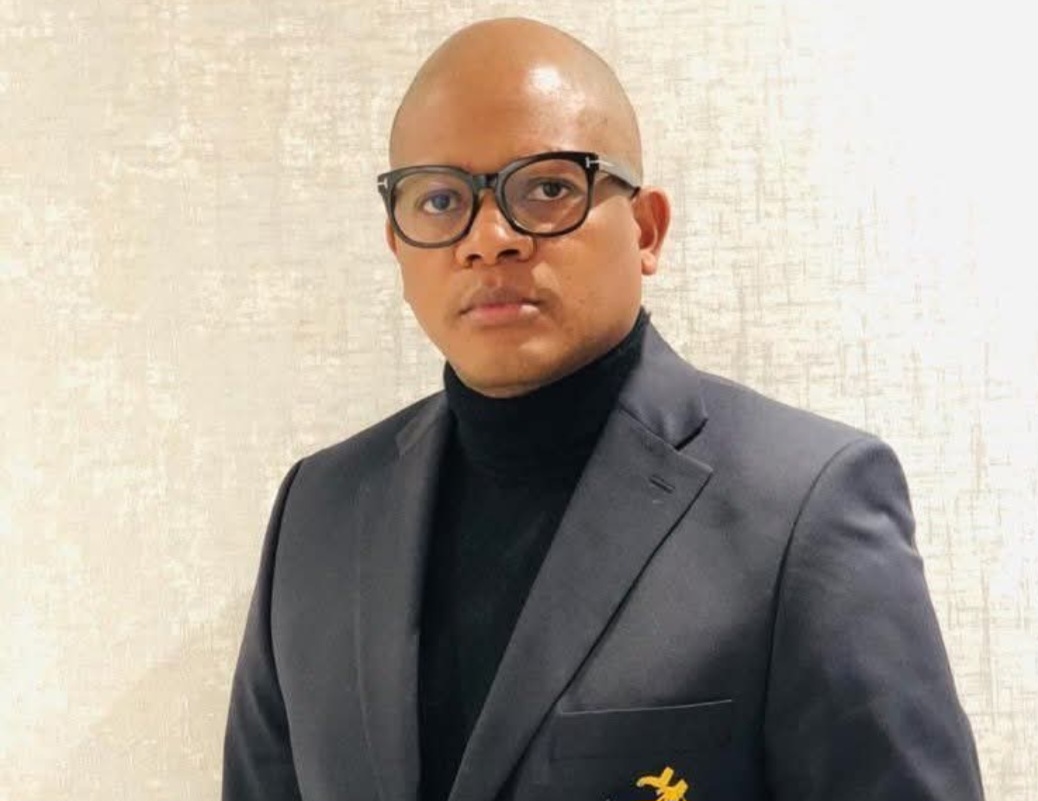 Masoga approaches High Court to clear his name on allegations of corruption at MMSEZ
Masoga approaches High Court to clear his name on allegations of corruption at MMSEZ
-
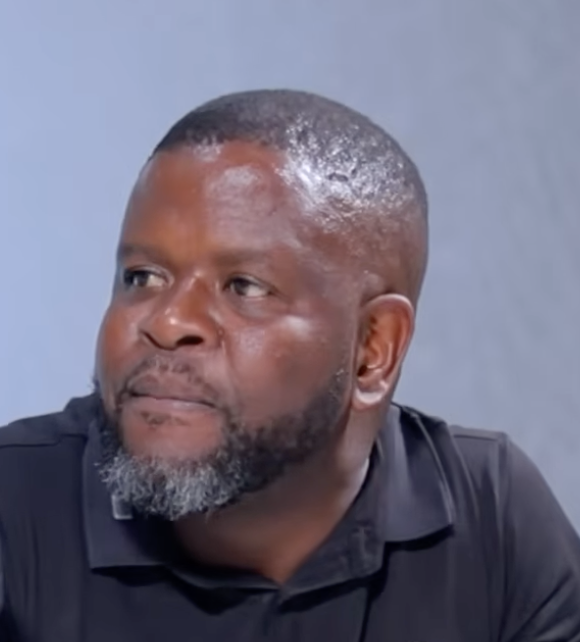 Municipal manager’s bid to attach CFO’s pension fails
Municipal manager’s bid to attach CFO’s pension fails
-
 Visit Limpopo Ka Dezemba – Premier Ramathuba
Visit Limpopo Ka Dezemba – Premier Ramathuba
Beware of a WhatsApp scam
Sizwe sama Yende
I had woken up late - feeling groggy, but that’s no excuse for the nasty incident that befell me.
It was around 12pm, August 29 2025. My birthday. Sitting in the balcony, reflecting on the journey of life I’ve travelled. Bittersweet, it has been. The thought of being close by two years to reaching half a century somehow hung on my mind. I was not (still I am not) certain whether that is a milestone or not.
My phone rang and it was a call on my WhatsApp. An unfamiliar number appeared on my screen. I remember the profile photo of the caller as a white paper written – TRINITY – in bold.
I answered. He spoke English with an accent that sold him as being distinctly African, but not originally from the southernmost tip of the continent. I remember this point in hindsight. It was of no significance at the time I began chatting to him.
“Sir, I’m calling to check if you are joining the meeting,” he said.
“What meeting?” I asked.
“The principals’ meeting. Did they not invite you in the group?” he said. I could sense his voice was filled with incredulity. What an actor he was, I would later find out.
“You are talking to a wrong person,” I said.
“Okay. Sorry about that, sir. Let me remove you from the group. There’s a six-digit OTP (One Time Password) that will appear on your screen. Read it to me, please.”
I checked and there it was. I read it back to him. What a blooper that I made. He thanked me and dropped the call.
My ordeal began right there.
Before I take you along with me through my topsy-turvy day, my birthday, let me go back 14 months.
In June 2024, I found my cellphone number added to a group called GDE. It was purportedly a WhatsApp group of school principals created by the Gauteng Department of Education (GDE).
The journalist in me would not mind being sneaked into a WhatsApp group. Who knows? The biggest story of the day, the year or half a century could be there.
As I probed after the call from my fellow African, I realised that I was sneaked into another group, purportedly created by the same department. This group had to do with construction and maintenance of schools.
GDE was the group I was given an OTP to be removed from.
In Mbombela, where I reside, there is a school called Trinity. It’s a primary school near the city’s offices.
I did not suspect any chicanery from that call. Perhaps, my grogginess had to do with it.
Within 10 minutes, I began receiving a flurry of direct calls. People on my contact list were concerned about me as they received messages saying I needed cash urgently to pay for some medical emergency.
Many of my contacts smelt a rat and hurled expletives at my fellow African. Others dismissed him from the spot. Some told me they tried to video-call him, but he dropped their calls. Others tried in vain to call me and they could not reach me because my phone was now inundated with calls like an emergency room call centre during a major disaster. Well, this was also a disaster.
Others slyly led him along and he gave them Absa banking details without my name:
Account name: BYRON EMILE BIKKIES
Account Number: 4106797749
Branch code: 632005
Account Type: Current account
Reference: Sender name
He was asking everyone on my list for anything between R3 000 and R5 000.
I went to Facebook and X and posted a warning that I had been hacked. Others people on my contact list, including EFF deputy president Godrich Gardee, also posted a warning on their social media platforms. I sent texts warning messages to whoever I could.
My WhatsApp account was now under his control, sending a deluge of false requests for donations and loans the whole afternoon and night. I had lost it. A technician at Vodacom helped me the next day to retrieve my account.
Unfortunately, three sympathetic people panicked, believing that I was in trouble, and paid - R5 000, R4 000 and another R5 000.
I reported this incident to Absa bank’s fraud and risk department. “This is a long-standing account,” the official told me on the phone. He promised that they were on top of things.
A few weeks ago I joined a general ANC WhatsApp group in Vhembe, Limpopo. Voluntarily.
My fellow African brother gave me a call again on Saturday, September 6, at exactly 10:56. Seemingly, the R14 000 he had swindled was not enough. He was using a different number this time.
“Hello, sir,” he said.
“Hello,” I answered.
“Are you joining the meeting? ANC Vhembe region,” he said.
“Which meeting?” I said, pretending I had not heard him.
“ANC Vhembe region.”
“No,” I said. He dropped the call.
I immediately called him back and pretended I had not heard him properly.
“I had forgotten about the meeting. I want to join,” I said.
“Okay. Okay. I’ll send you an OTP now. Do you see it? Give it to me,” I could sense the excitement. Someone else was in the background muttering something.
“Hold on,” I said, “I’m trying to see your location here,” I said.
I pretended to be speaking to another person: “Do you find the location of his phone? Can you pin it?”
“Sir,” he said.
“Wait. I’m trying to find your location,” I insisted.
I could hear my African brother’s accomplice mumbling something. He dropped the call. Abruptly.
I searched the number on Truecaller. A Sotho woman’s name came up, but I saved the number as scammer. On Monday evening, September 8, I called the number on WhatsApp. I called with an intention of rubbing it in his face that I had figured him out. There was no answer.
I then dialled the number straight. A woman, a South African woman, answered. I interrogated her, a little bit rudely, but it soon dawned on me that she was also victim.
“I was hacked last week,” she said.
“Can you use your WhatsApp?” I asked.
“No. I don’t have WhatsApp anymore,” she said.
I advised her to go to her network service provider to fix it. As it is now, the scammer is using her WhatsApp to defraud more people.
As a parting shot, I finally introduced myself. I was rude to her in the beginning and told her she would be able to know my name in a cold day in hell.
Here are signs you could be talking to a scammer:
· The accent of his English. It is distinctly African but nothing close to any accent of a black South African – Venda, Zulu, Tsonga, Pedi, Tswana, Swati, Ndebele, Xhosa or Sotho. Think of the accents from people further North;
· He will ask you about joining a virtual meeting you are not aware of or you have no business with. No matter how groggy you are, remember not decline the invite;
· Do not give your OTP to anyone. It is like a PIN (Personal Identification Number);
· Remember that you can exit a WhatsApp on your own without using an OTP or a link;
· Don’t be like a journalist and find joy in sliding into groups you should not be part of. Simply put, know and stay in your lane.
· The fact that the group you have been added to is inactive, no information is flowing, should be a red flag.
Lastly, please don’t forget to always read The People’s Eye and watch or listen to The People’s Eye podcast on YouTube.


